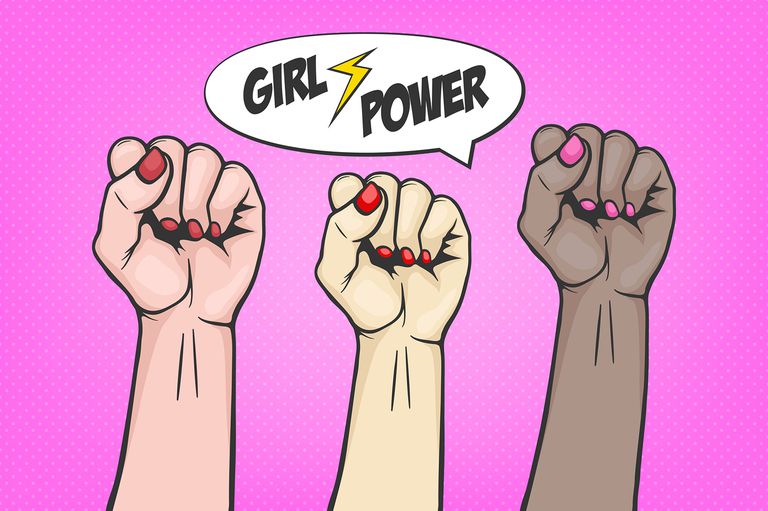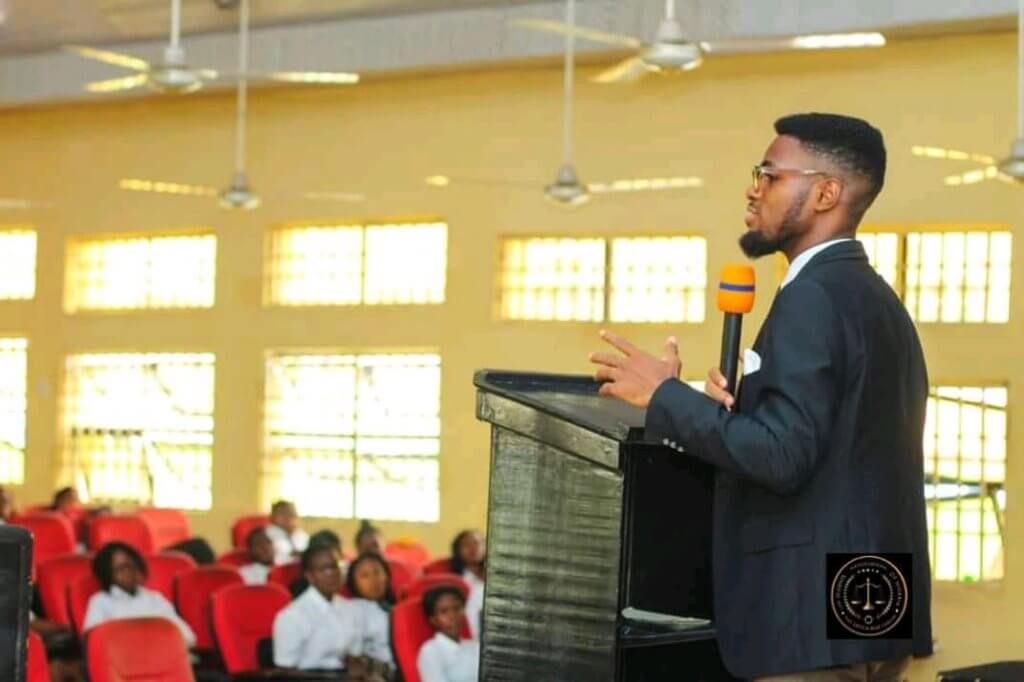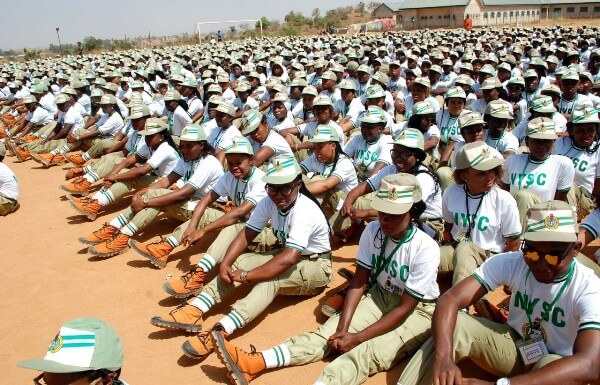Demystifying the concept of feminism (4): Another look at feminism in Nigeria

By Chinagorom Ugwu
Recently, this writer started a series on feminism, examining various perspectives — cultural, religious and legal — of the concept as it relates to Nigeria.
In addition to the various perspectives of the concept explored so far, this edition of the series would focus on other issues concerning feminism in Nigeria. You can read the previous series here.
From the foregoing analyses, it is clear, that there are two basic institutions that women are not allowed to hold authority or be in equal right with men. The institutions are Family/marriage and Church. Several biblical and Koranic evidences and impediments against them have been demonstrated. God himself established those institutions. He established the institution of Marriage/Family in Gene. 2: 24; Matt 19:5. Jesus Christ also established the institution of Church in Matt 16: 18. So, the idea by feminists to liberate women from what they call patriarchal society that enforces marri age is a fight in error. It is not a function of patriarchy. It is the plan of God for Mankind.
This goes to show that apart from the institutions of Church and Family, women have equal right and authority with men. Women can hold political positions and command authority over men. It is acceptable in Nigerian Society. Women can also join any trade union etc. The law guarantees that women can also teach outside the church and hold authority.
Some feminists in Nigeria have argued that patriarchal constraints existing in Nigeria have limited women from climbing the social ladders in the society. This is completely false! There is no law; written or unwritten stopping women from contesting any position in Nigeria; political or social. In the Nigeria, apart from the office of the presidency, women have occupied and still occupy virtually all other political positions in Nigeria. We have had and still have women who climbed social ladders in Nigeria. For instance, the late Prof. Dora Akunyili was a woman but headed NAFDAC, Prof. Obi Ezekwesili, a woman, was a Minister of the Federal Republic of Nigeria; Her Excellency Virgy Etiaba, a woman, was once a deputy governor and later a governor of Anambra state. The list is endless. The situation is not different in the world of academics. We have numerous women Professors.
It is must be stated that the factor that affects women success in politics is cultural. The cultural view that women are to be under men. This is wrong. Women can hold political positions. Ironically, Women are most affected in this regard. Most times, women do not enjoy supporting fellow women to emerge as winners in elections. They seem dispassionate to do that. For instance, in 2011, during the Primary election of the then ruling party, People’s Democratic Party, a female candidate, Mrs. Sarah Jubril, despite being led to the stage by a retinue of women, drumming and rejoicing over candidacy, did not get anybody’s vote other than herself. After the election, the result showed that Mrs. Sarah Jubril got one vote, the former Vice President Atiku Abubaka got 805 votes and President Jonathan 2736 votes. The questions begging for answers are; where were those women that led her to the stage? Why didn’t any woman vote for her?




